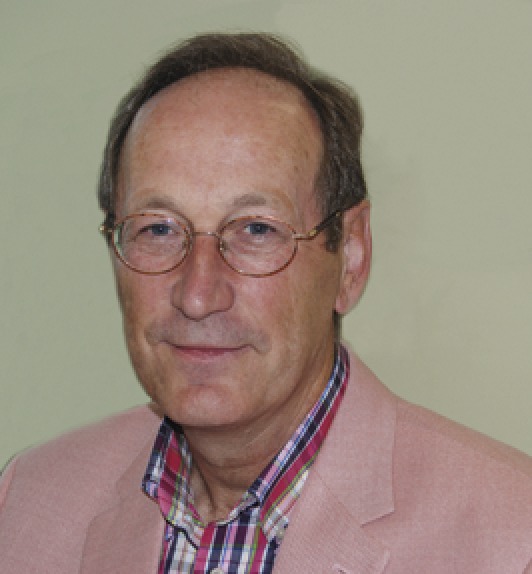
I’m not fat, so there!
Obelix1
Is the treatment of obesity futile? This is the question being asked on the following pages. Havrankova2 claims that it is (page 508), whereas Garrel3 claims the opposite (page 509). No matter what their respective opinions, the simple fact that we, as family doctors, are asking ourselves this question suggests we are uneasy when trying to help our obese patients. In fact, many of us believe that patients who are overweight will remain so, no matter what we do, no matter what our recommendations. If this is the case, why persist? Why repeat, one way or another, in a more or less subtle fashion, often ad nauseam, “You should lose weight”? We know that there are many factors that cause obesity, and such advice, even if repeated, even coming from one’s family physician, has little chance of being successfully heeded.
In fact, we know that obesity is linked to multiple genetic, environmental, and societal factors that are deeply ingrained in all of us. We know that our ancestors, our own grandparents, and even our parents spent a colossal amount of energy to earn a meagre pittance, whereas today, we simply go to any fast-food counter (or order in) to binge on gigantic portions that contain enough calories, in one snack, to meet our daily caloric requirement—strangely and paradoxically leaving us still feeling hungry. Because it doesn’t cost much more to get the ultra-big portion, we might as well get more for our money! We also know that genetics, family, and environment are determining factors for obesity. Following just one member of a family reveals, from one generation to the next, the same phenotype of obesity. We often say someone is “the spitting image” of his or her mother or father. It seems that a propensity for physical activity is also part of our genetic makeup. We all know that obesity is linked to several factors that are deeply rooted in us. It is very difficult for us to change.
Also, do you believe that those who are overweight don’t realize it? They have been called fat since their early childhood. Schools and schoolyards are hell for someone of a different colour, race, or culture. Obesity certainly is no exception to this rule. Have you taken a look at popular magazines? The celebrity who has a little tummy is publicly ridiculed. What message does this send to those of us whose bodies aren’t “perfect”? Don’t you think that obese people, even before consulting their family physicians, have all tried at one time or another to follow a diet, to eat salads? Come on!
We are also conscious that available means for treating obesity are limited. Almost all commercialized medications for treating obesity have been removed from the marketplace owing to their severely harmful effects. The long-term effects of pharmaceutical and nonpharmaceutical approaches to obesity treatment remain controversial, and even the benefits of weight loss, as Bosomworth explores (page 517), are themselves open to debate.4
Why, then, do we tell our patients to lose weight? Why do we repeat, “You should lose weight”? What’s with that? Somewhat sadistic, don’t you think? Do we do this as a way of shifting the guilt and transferring the responsibility of the therapeutic failure? “You know the fact that you are obese doesn’t help.” Big news!
All things considered, shouldn’t we put a stop to this preoccupation with our patients’ weight and simply encourage them to develop healthy lifestyle habits, to adopt a balanced diet, to practise on a regular basis any form of exercise that they enjoy, even if it is simply walking? Instead of repeating “You should lose weight,” shouldn’t we help them to become more comfortable with themselves?
Footnotes
Cet article se trouve aussi en français à la page 500.
Competing interests
None declared
References
- 1.Goscinny R, Uderzo A. Le tour de Gaule d’Astérix. Paris, France: Hachette; 1965. [Google Scholar]
- 2.Havrankova J. Is the treatment of obesity futile? Yes [Debate] Can Fam Physician. 2012;58:508, 510, 512, 514. Eng. (Fr). [PMC free article] [PubMed] [Google Scholar]
- 3.Garrel D. Is the treatment of obesity futile? No [Debate] Can Fam Physician. 2012;58:509–10. 513–4. Eng. (Fr). [PMC free article] [PubMed] [Google Scholar]
- 4.Bosomworth NJ. The downside of weight loss. Realistic intervention in bodyweight trajectory. Can Fam Physician. 2012;58:517–23. e246–53. Eng. (Fr). [PMC free article] [PubMed] [Google Scholar]


